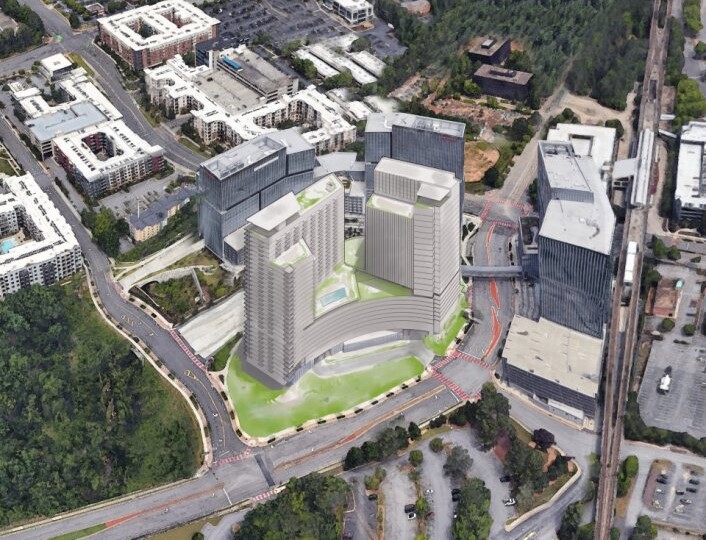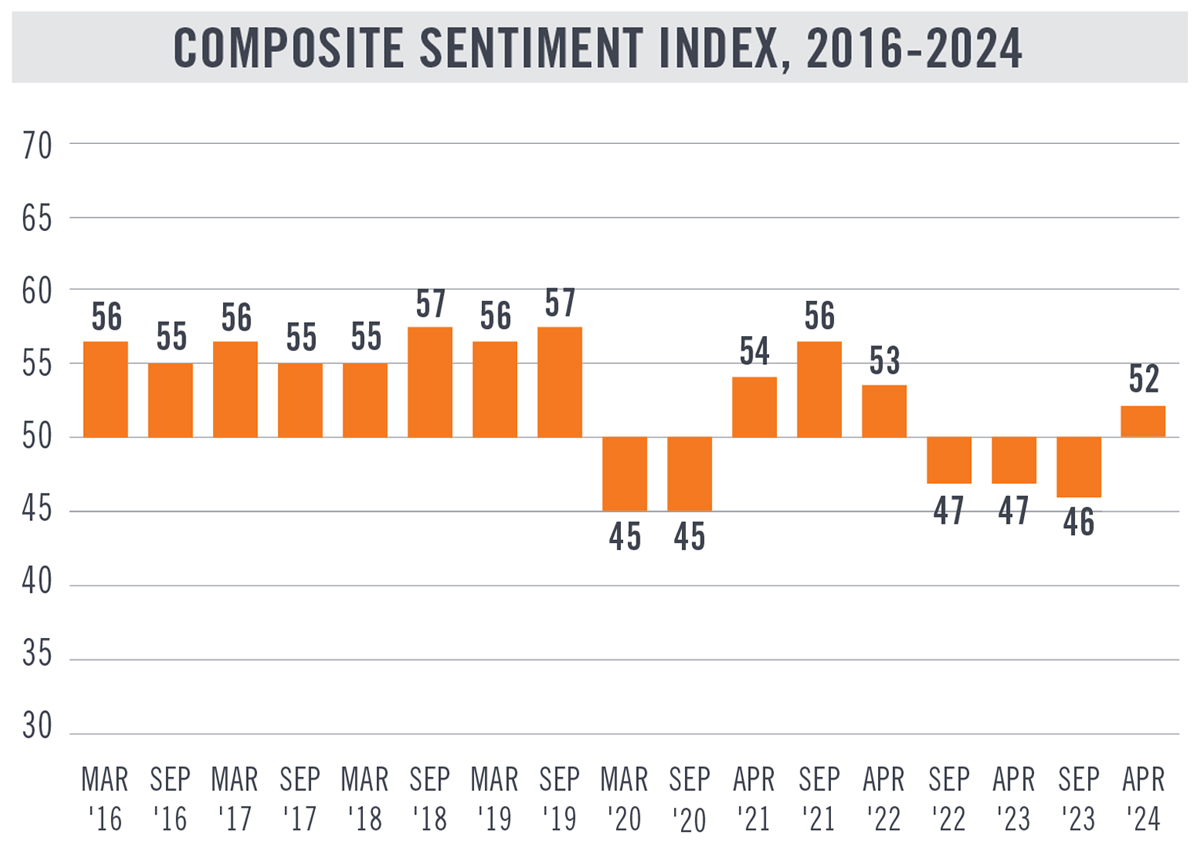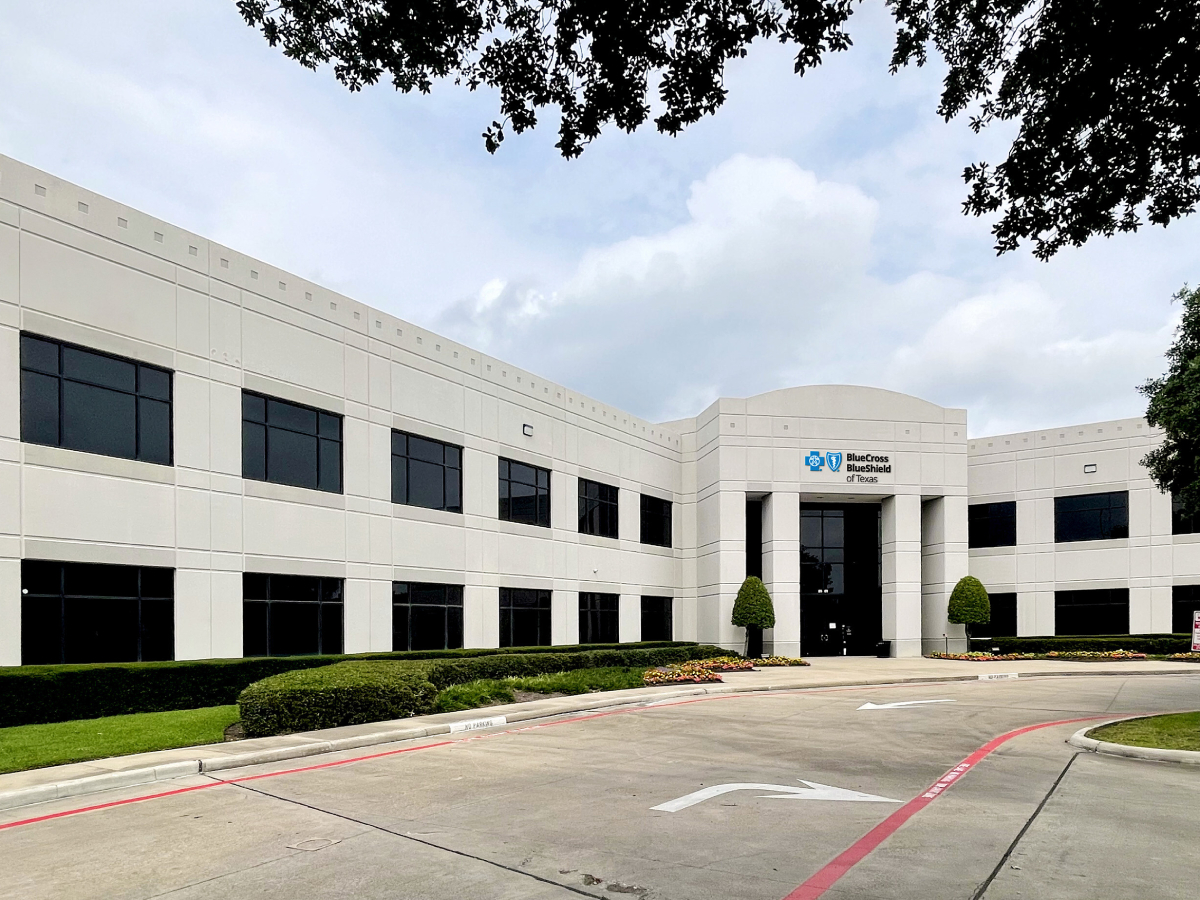Crescent Bluff Apartments to Add 172-Unit Second Phase
Downtown Memphis is set to see new apartment development, with Phase II of Crescent Bluff Apartments, which will add 172 new units to the existing 72 of Phase I
By Eliza Theiss, Associate Editor
 Downtown Memphis is set to see a new apartment development. Phase II of Crescent Bluff Apartments will add 172 new units to the existing 72 of Phase I, reports the Memphis Business Journal.
Downtown Memphis is set to see a new apartment development. Phase II of Crescent Bluff Apartments will add 172 new units to the existing 72 of Phase I, reports the Memphis Business Journal.
Although an official groundbreaking date has yet to be made public, Nashville-based developer Elmington Capital Group (ECG), operating as ECG Virginia LP, has contracted Patton & Taylor Enterprises L.L.C. for the construction of three structures near the project’s first phase. The company acted as general contractor for the previous phase as well, which cost $10.5 million. Magna Bank is financier to the project located south of the historic South Main District, an area of Downtown Memphis that is also coming back to life.
According to information available on project architect Shapiro & Company Architects Inc. website, Davis Patrikios Criswell, Engineers will act as structural engineer, W.H. Porter Consultants PLLC as civil engineer, while Kersey/Wike Associates P.C. are to serve as landscape architect. All parties were involved in the development of Phase I as well.
 An early rendering of the project depicts it as three-story structure. Amenities, the number of bedrooms per apartment or the affordability of the project has yet to be released. Phase I, located on a four-acre site, features one-, two- and three-bedroom apartments that go up to 1,350 square feet in size. Units feature high-end touches such as granite countertops, stainless steel appliances, spacious balconies, large closets, nine-foot ceilings, and downtown views. Community amenities include an urban pocket park, playground, grilling area, clubhouse/leasing office and gated access. The 25 East Virginia community focuses on affordable housing and made use of several local and federal incentives in funding, such as a low-income housing tax credit through the Tennessee Housing Development Authority and a PILOT program through the Health Education and Housing Facility Board of the City of Memphis.
An early rendering of the project depicts it as three-story structure. Amenities, the number of bedrooms per apartment or the affordability of the project has yet to be released. Phase I, located on a four-acre site, features one-, two- and three-bedroom apartments that go up to 1,350 square feet in size. Units feature high-end touches such as granite countertops, stainless steel appliances, spacious balconies, large closets, nine-foot ceilings, and downtown views. Community amenities include an urban pocket park, playground, grilling area, clubhouse/leasing office and gated access. The 25 East Virginia community focuses on affordable housing and made use of several local and federal incentives in funding, such as a low-income housing tax credit through the Tennessee Housing Development Authority and a PILOT program through the Health Education and Housing Facility Board of the City of Memphis.
Images via Shapiro & Company Architects, Inc.







You must be logged in to post a comment.